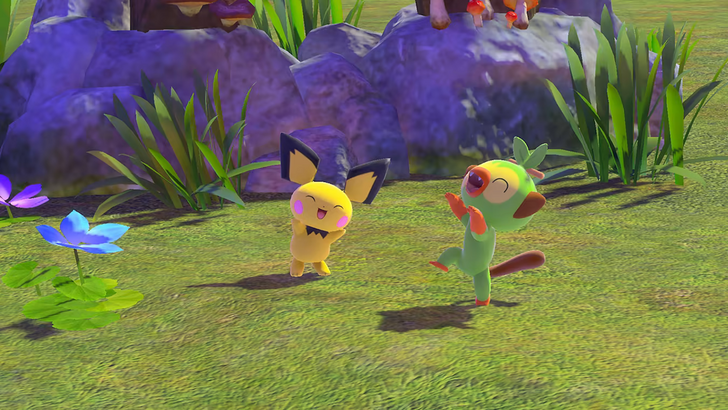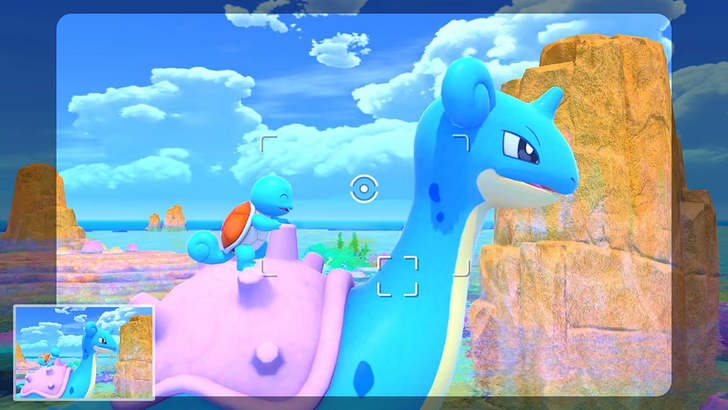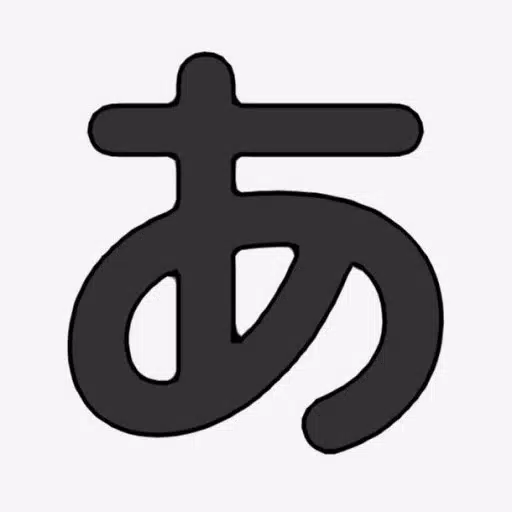New Pokemon Snap Launches in China
Historic Release Marks Pokemon's Return to China

On July 16, New Pokemon Snap, a captivating first-person photography game that debuted globally on April 30, 2021, achieved a historic milestone by becoming the first Pokemon game officially released in China since the country's video game console ban was enacted and subsequently lifted in 2000 and 2015. The initial ban stemmed from concerns over the potential negative impact of consoles on the mental and physical development of children. This landmark event heralds a new era for both Nintendo and Pokemon enthusiasts in China, marking the franchise's long-awaited entry into the Chinese market following years of restrictions.
Nintendo has consistently shown a keen interest in expanding into the vast Chinese gaming market. In 2019, the company partnered with Tencent to introduce the Switch to China. With the release of New Pokemon Snap, Nintendo has taken a significant step in its strategy to penetrate one of the world's largest and most profitable gaming markets. This move aligns with Nintendo's ongoing efforts to enhance its presence in China, with plans to launch several more high-profile titles in the near future.
Upcoming Nintendo Releases in China

Following the successful launch of New Pokemon Snap, Nintendo has announced an exciting lineup of additional titles slated for release in China, including:
- Super Mario 3D World + Bowser’s Fury
- Pokemon Let’s Go Eevee and Pikachu
- The Legend of Zelda: Breath of the Wild
- Immortals Fenyx Rising
- Above Qimen
- Samurai Shodown
These forthcoming releases demonstrate Nintendo's commitment to establishing a comprehensive gaming portfolio in China, leveraging its iconic franchises and innovative new titles to capture a larger market share.
The Unexpected Legacy of Pokemon in China

The global Pokemon community's surprise at the long-standing console ban in China sheds light on the complex history of the franchise's relationship with the region. Despite never being officially sold in China, Pokemon cultivated a substantial fanbase, with enthusiasts accessing the games through international purchases. The market also saw the circulation of counterfeit Nintendo and Pokemon games, along with instances of smuggling. Notably, just this June, a woman was apprehended attempting to smuggle 350 Nintendo Switch games hidden in her undergarments.
An interesting attempt to circumvent the ban was the iQue. Launched in the early 2000s, the iQue Player was a unique console developed through a collaboration between Nintendo and iQue, aimed at curbing the widespread piracy of Nintendo games in China. The device was essentially a compact version of the Nintendo 64, with all hardware integrated into the controller.

A Reddit user highlighted the remarkable achievement of Pokemon, noting its immense global popularity despite never officially entering the Chinese market. Nintendo's recent initiatives signal a strategic shift, aiming to bridge the gap between its international success and the previously untapped Chinese market.
The gradual reintroduction of Pokemon and other Nintendo titles into China signifies a pivotal moment for both the company and its fans. As Nintendo navigates this intricate market, the enthusiasm surrounding these releases points to a promising future for gaming enthusiasts in China and beyond.








